Moisturizer vs Sunscreen: What’s the Difference & Why Both Matter
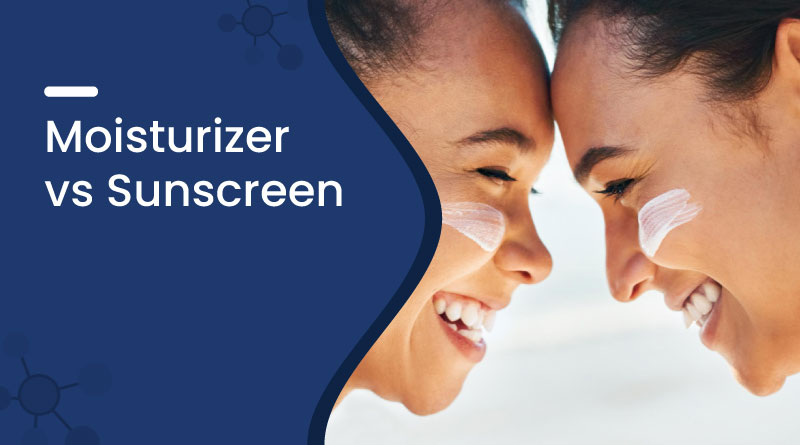

Moisturizer and sunscreen are among the essential products in every skincare routine. While one keeps your skin soft and hydrated, the other protects against harmful UV rays. Many people are confused about whether they need both, which one is more important, and the right way to apply them. Let’s see how moisturizer and sunscreen differ, how to use them, and much more.
Understanding the Difference Between Moisturizer and Sunscreen
| Feature | Moisturizer | Sunscreen |
|---|---|---|
| Purpose | Hydrates and locks in moisture to prevent dryness | Protects skin from harmful UVA and UVB rays |
| Function | Strengthens the skin barrier, prevents irritation | Prevents sunburn, premature aging, and reduces skin cancer risk |
| Application Time | Can be used morning and night | Best applied in the morning and reapplied every 2–3 hours when outdoors |
| Texture | Cream, gel, lotion | Cream, lotion, gel, or spray |
| Key Ingredients | Hyaluronic acid, glycerin, ceramides | Titanium dioxide, avobenzone, octocrylene |
What Are the Main Benefits of Sunscreen?
- Shields against harmful UVA and UVB rays.
- Reduces risk of sunburn, pigmentation, and premature aging.
- Helps prevent long-term skin damage and skin cancer.
Also read - How to Apply Sunscreen and When to Apply
What Does a Moisturizer Do for Your Skin?
- Keeps skin hydrated and soft.
- Prevents dryness, flakiness, and irritation.
- Supports skin barrier function.
- Can improve skin elasticity and smoothness.
Should Moisturizer and Sunscreen Be Used Together?
Moisturizer and sunscreen are complementary to each other. They work together for maximum benefits: the moisturizer prepares the skin by locking in hydration, and the sunscreen protects it from UV damage. Use moisturizer first, then sunscreen for optimal skin health.
How to Use Moisturizer and Sunscreen?
- Step 1: Start by applying a mild moisturizer to freshly cleansed, dry skin.
- Step 2: Wait 2–3 minutes for the moisturizer to absorb.
- Step 3: Cover all exposed areas with a sufficient amount of broad-spectrum sunscreen.
Tip: Sunscreen should always be applied after moisturizer. Moisturizer alone does not provide sun protection.
Also read - What to Apply First: Moisturizer or Sunscreen
Can Moisturizer Be Used in Summer?
Yes, moisturizer is just as important in summer as it is in winter. You may think that it can be skipped during hot and humid months, but that’s a common mistake. Heat, sweat, air conditioning, and frequent sun exposure can all strip the skin of its natural moisture. Without hydration, the skin barrier weakens, leading to excess oil production, breakouts, and dullness.
Do I Need to Wear Sunscreen on Rainy or Gloomy Winter Days?
Many people skip sunscreen during rainy, cloudy, or winter days, assuming their skin is safe from sun damage. However, UV rays, especially UVA rays, penetrate clouds, fog, and even glass, meaning your skin is still exposed. UVA rays are responsible for premature aging, pigmentation, and long-term skin damage, while UVB rays, which cause sunburn, can also reach your skin on brighter winter days.
What to Look for Before Buying a Moisturizer
- Skin type compatibility (dry, oily, sensitive).
- Lightweight or heavy formula based on the season.
- Ingredients that support hydration and barrier repair.
- Non-comedogenic options for acne-prone skin.
Richday Daily Moisturiser - Lightweight SPF-infused moisturizer designed for all-day sun defense.
What to Look for Before Buying a Sunscreen
- Broad-spectrum protection (UVA + UVB).
- SPF 30 or higher for daily use.
- Water-resistant formula if sweating or swimming.
- Suitable for your skin type (oily, dry, sensitive).
Sunscreen Lotion SPF 30+ - Shields the skin from sunburn and early aging while remaining lightweight and non-greasy.
Sunscreen Lotion SPF 60 - Protects against harmful UV rays with a light, fast-absorbing consistency.
VinSun Sun Screen Lotion SPF 50+ - Protects the skin from the adverse effects of UVA and UVB rays.
Which Is Better: Moisturizer or Sunscreen?
Both are essential, but they serve different purposes. Moisturizer prevents dryness and maintains skin health, whereas sunscreen prevents UV-related damage. Ideally, your skincare routine should include both.
Additional Tips for Healthy Skin
- Reapply sunscreen every 2–3 hours when outdoors.
- Choose moisturizers with SPF for an extra layer of protection.
- Keep your skin moisturized internally by consuming enough water daily.
- Avoid over-exfoliation, which can weaken the skin barrier.
Conclusion
Both moisturizer and sunscreen play a key role in keeping skin healthy and glowing. While moisturizer hydrates and strengthens the skin barrier, sunscreen shields it from harmful UV rays. Using them in combination, in the correct order, ensures maximum protection and keeps your skin looking youthful and healthy all year round.
Frequently Asked Questions (FAQs)
Q. What is the main difference between moisturizer and sunscreen?
A. Moisturizer is designed to hydrate, nourish, and strengthen the skin barrier, preventing dryness and irritation, while sunscreen protects the skin from harmful UVA and UVB rays, preventing sunburn, pigmentation, and premature aging.
Q. Which should I apply first: moisturizer or sunscreen?
A. Always apply moisturizer first to hydrate and prepare your skin. After it absorbs, apply sunscreen to protect against UV damage. Moisturizer alone cannot replace the sun protection offered by sunscreen.
Q. Can I use moisturizer even in summer?
A. Yes. Summer requires light, non-greasy moisturizers to prevent dehydration. Gel-based or water-based formulas with hyaluronic acid or aloe vera hydrate skin without making it oily or sticky.
Q. Which is better for my skin, moisturizer or sunscreen?
A. Both are important but serve different purposes. Using them together ensures your skin remains healthy, hydrated, and shielded from environmental damage. Skipping either can compromise overall skin health.
Q. How often should sunscreen be reapplied?
A. For effective protection, you should reapply sunscreen every 2–3 hours, especially during outdoor activities or water exposure. Reapplication ensures continued protection against UVA and UVB rays, reducing the risk of sunburn, pigmentation, and long-term skin damage.
Purified Water + Homosalate + Octocrylene + Oxybenzone + Octisalate + Titanium Dioxide + Avobenzone + Aloe Vera + Glycerin + PEG-100 Stearate + Glyceryl Stearate + Almond Oil + Dimethicone + Beeswax + Vitamin E + Fragrance
100gm in 1 tube
Avocado Extract + Aloe Vera + Vitamin E + Vitamin C + Vitamin A + Shea Butter + Calamine + D-Panthenol + Titanium Dioxide
100gm in 1 tube
Aloe Vera + Octyl Methoxycinnamate + Avobenzone + Oxybenzone + Titanium Dioxide + Vitamin E
100ml in 1 tube
Recent Blogs
Disclaimer : Zeelab Pharmacy provides health information for knowledge only. Do not self-medicate. Always consult a qualified doctor before starting, stopping, or changing any medicine or treatment.

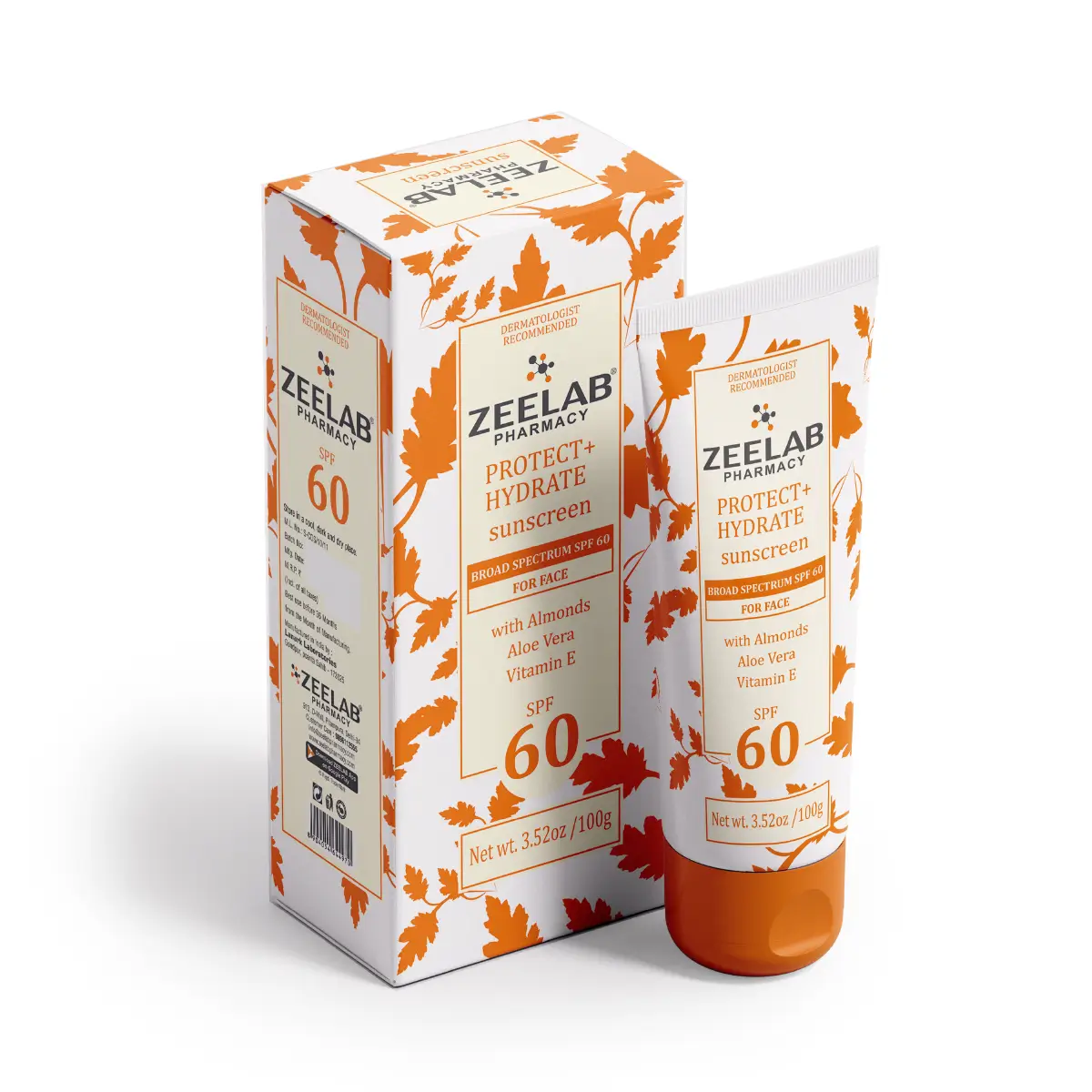
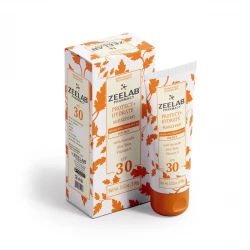
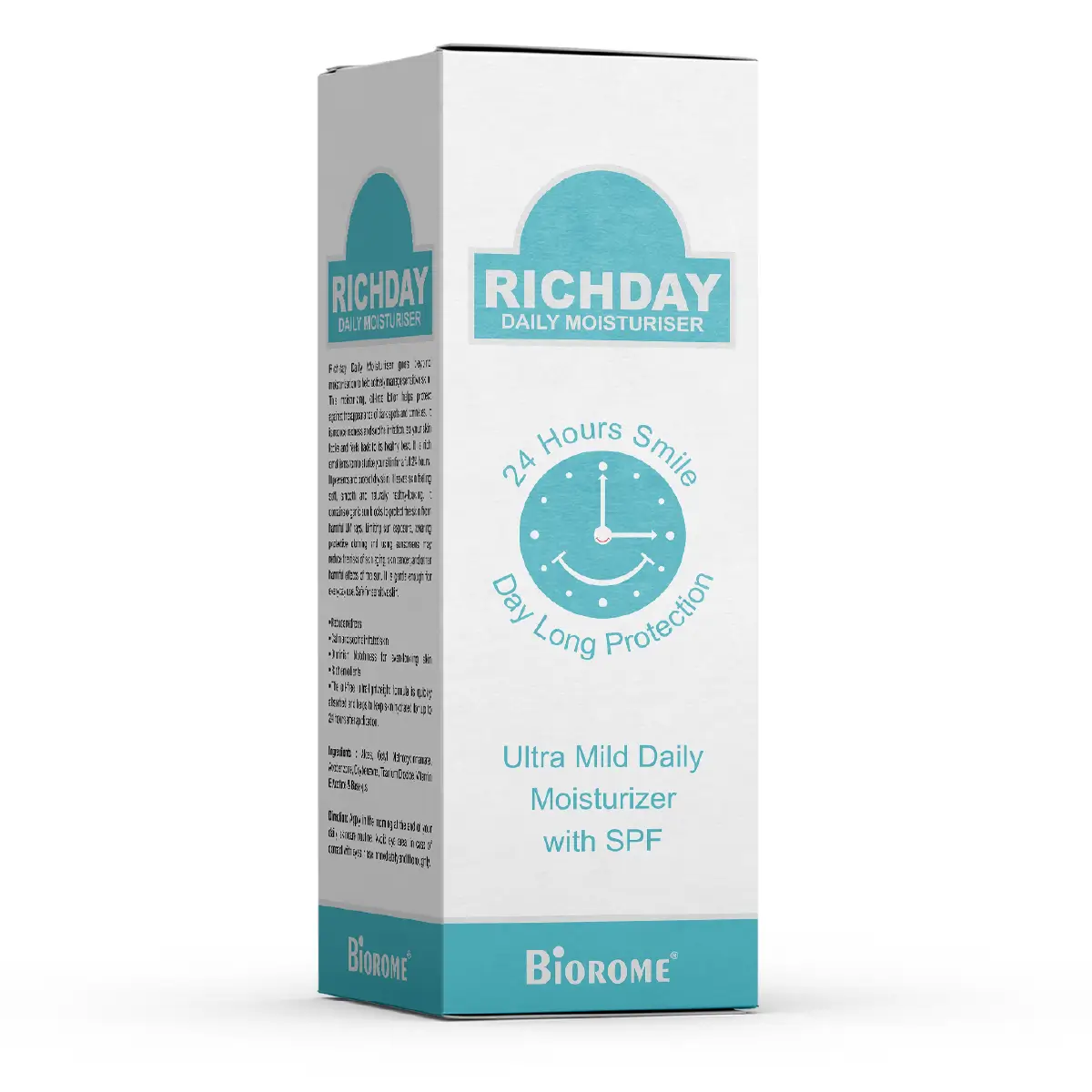
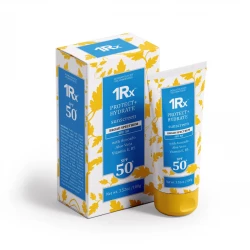



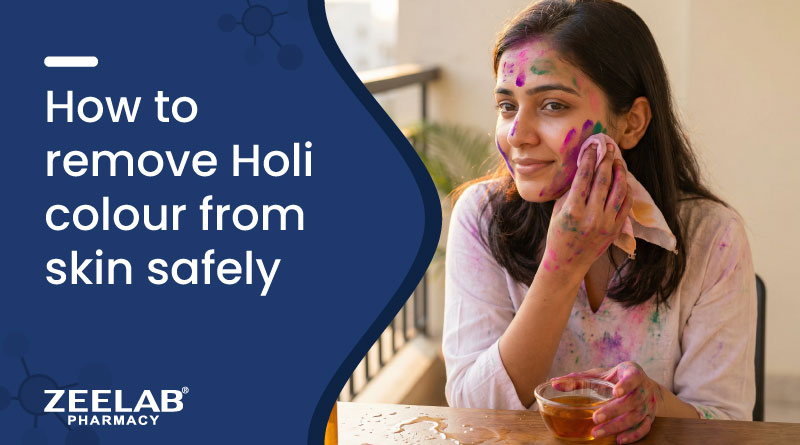











 Added!
Added!